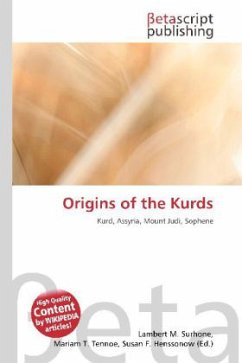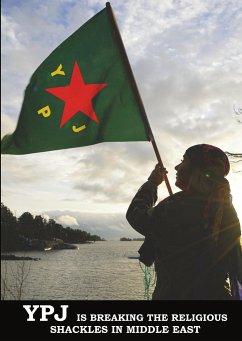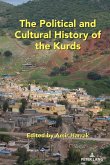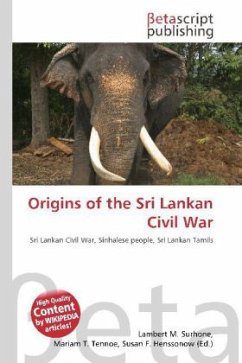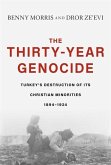Please note that the content of this book primarily consists of articles available from Wikipedia or other free sources online. An early record of the name Kurd appeared in Assyrian documents around 1000 BCE. Assyrians called the people living in Mt. Azu or Hizan (near Lake Van) by the name Kurti or Kurkhi. The country of the Kurkhi included regions of Mount Judi and districts that were later called by the names Sophene, Anzanene and Gordyene. The Kurkhi fought numerous battles with Tiglath-Pileser I who eventually defeated them and burnt down 25 of their towns. With regard to the origin of the Kurds, it was formerly considered sufficient to describe them as the descendants of the Carduchi, who opposed the retreat of the Ten Thousand through the mountains in the 4th century BC, but the Cyrtii (Kurtioi) mentioned by Polybius, Livy, and Strabo are more likely candidates. The Kurdish language is a Western Iranian language, apparently deriving from the language of the Medes.
Bitte wählen Sie Ihr Anliegen aus.
Rechnungen
Retourenschein anfordern
Bestellstatus
Storno

